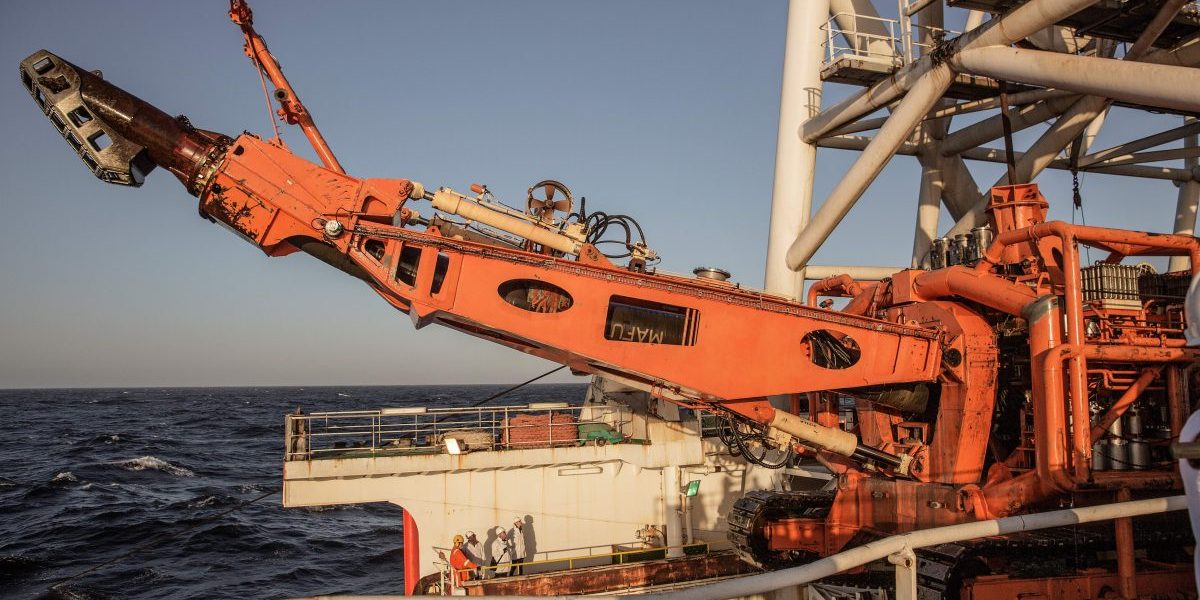Summary:
- In extractive industries, the single largest economic impact of activity is in most cases the procurement of goods and services. For this reason, host country governments in Africa and beyond have been trying to create more backward or upstream linkages – as this is often called – from extraction activity to the wider economy. In Africa, over the last decade in particular, there has been a common trend towards state interventions aimed at promoting such linkages.
- Extractive industry local procurement is addressed in legislation and regulations by virtually all of the countries in the SADC region that have some level of mining or petroleum activity. The Democratic Republic of Congo (DRC), Namibia, South Africa and Tanzania have more detailed approaches, while most of the other countries in the region have very little in place beyond best effort obligations.
- There are clear indications that countries with less comprehensive approaches will soon follow the lead of countries like Tanzania and the DRC and put in place more detailed requirements.
- An understanding of regulations on local content in the SADC region can inform regional dialogue between governments, industry and other stakeholders on appropriate local content regulations to ensure that extractive industries contribute effectively to regional development in line with the African Mining Vision.








